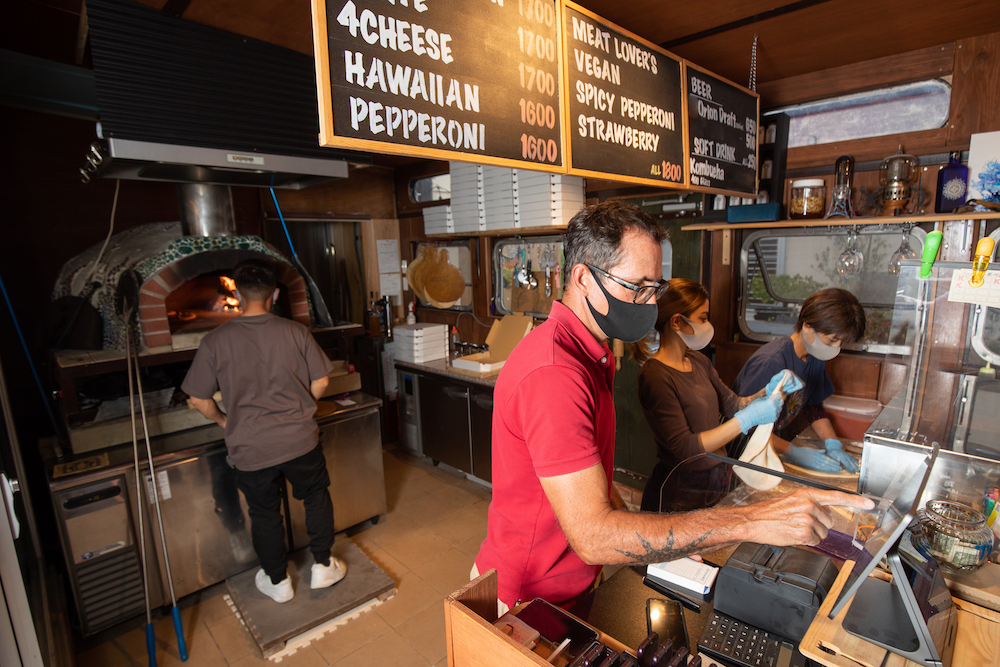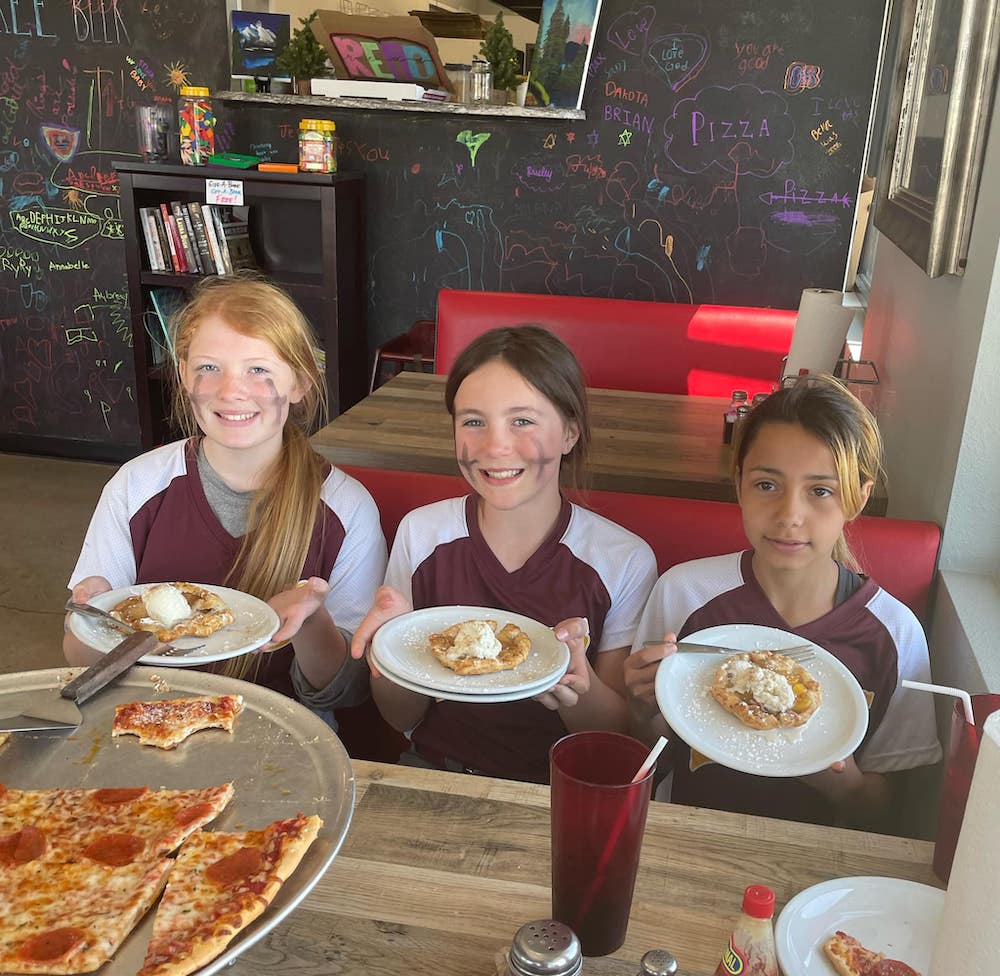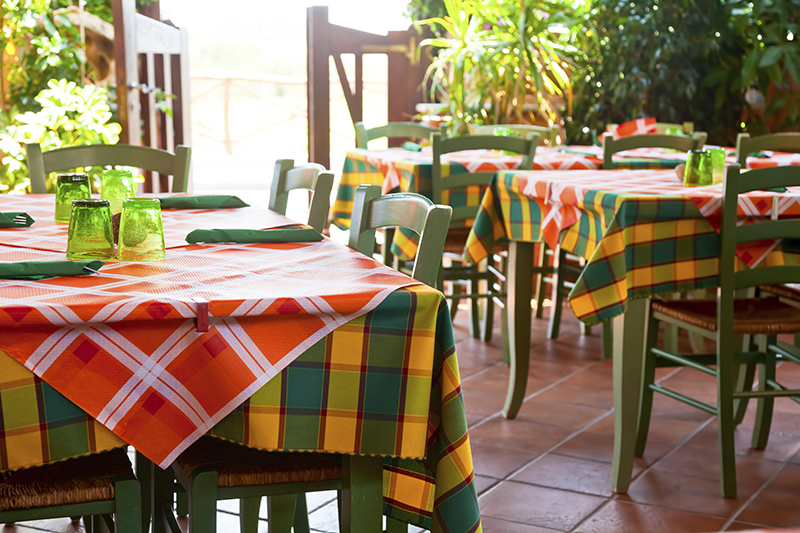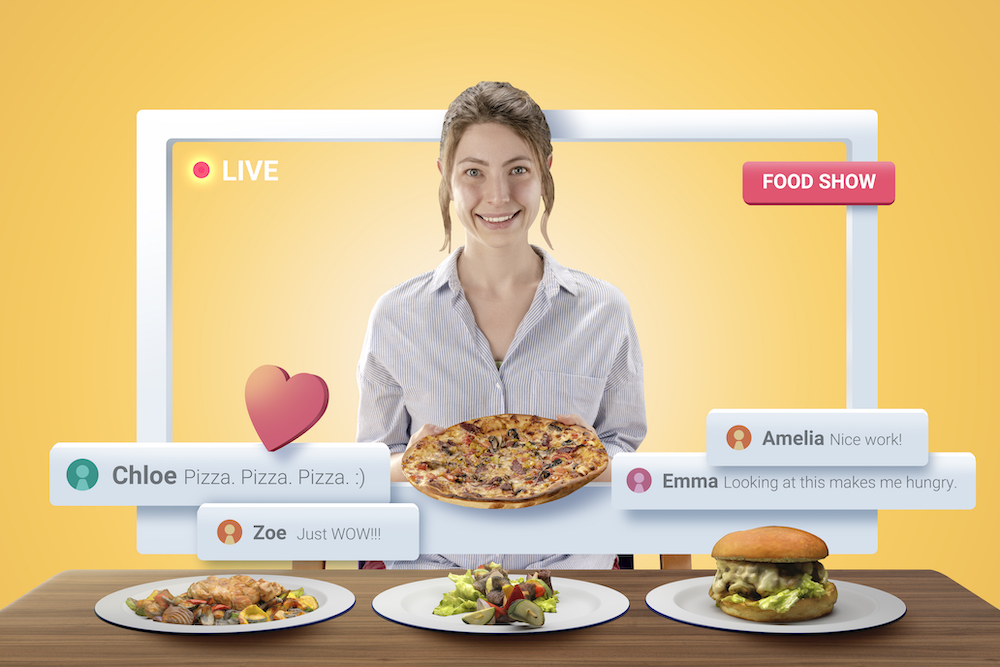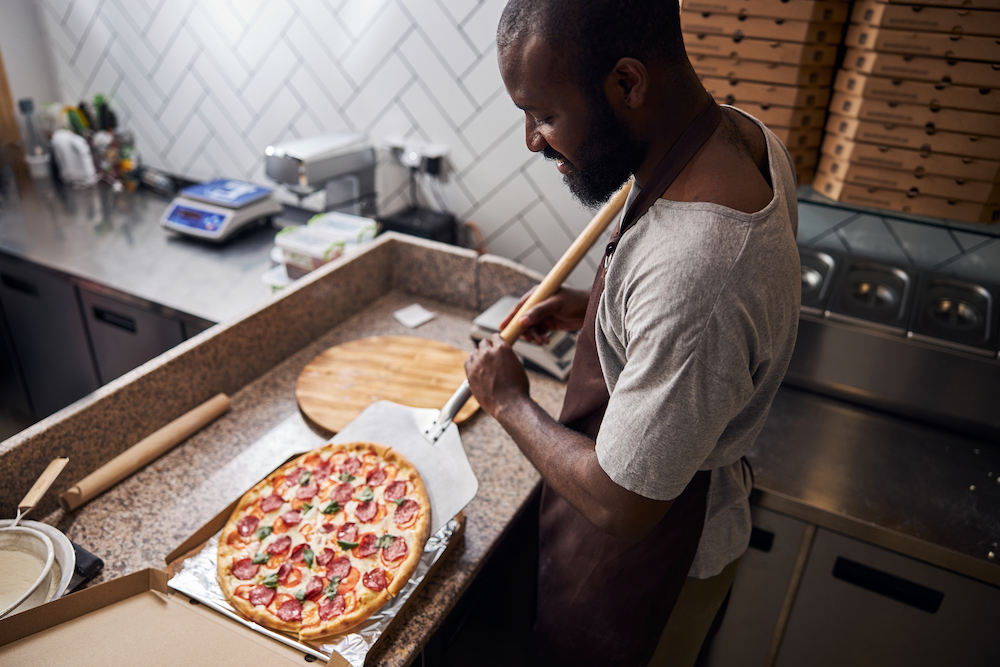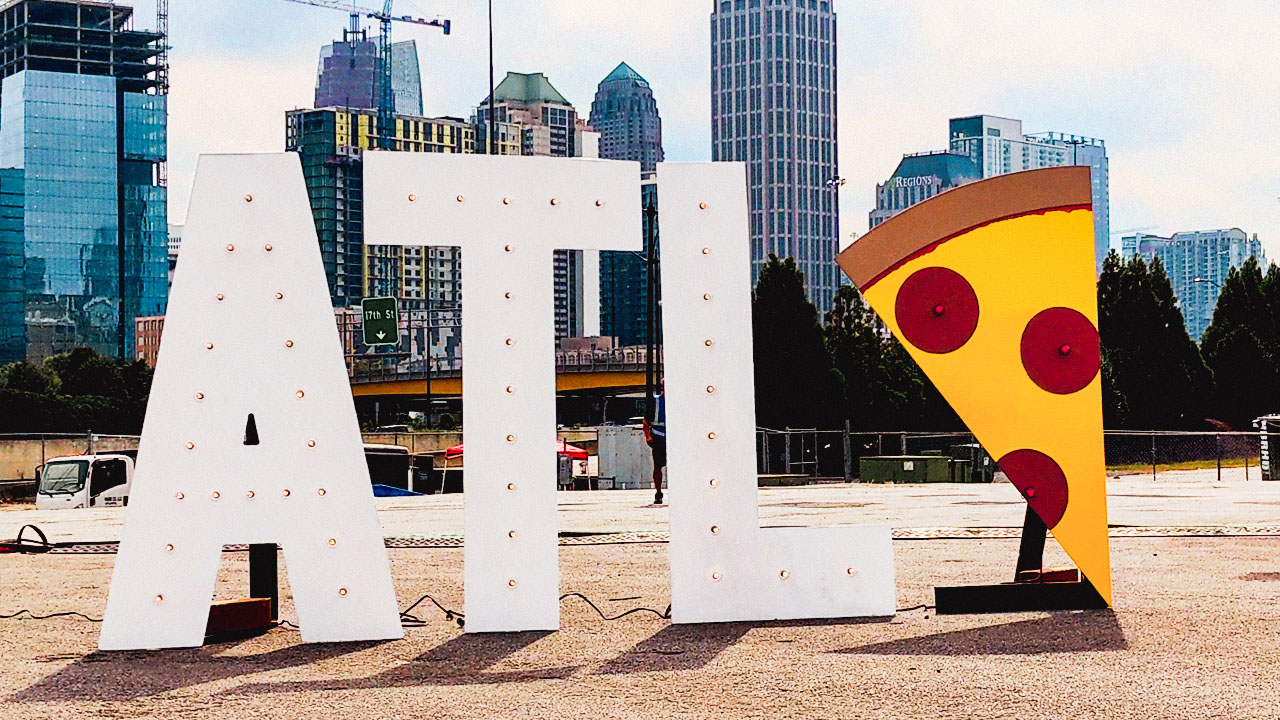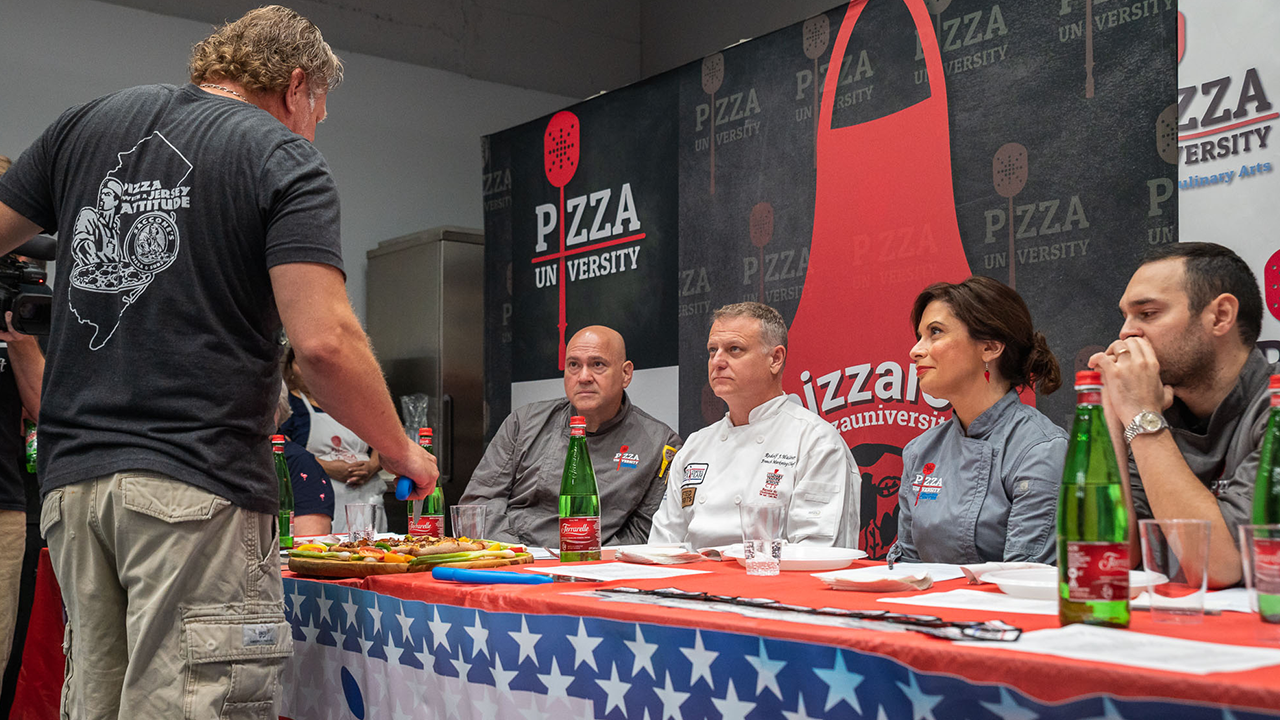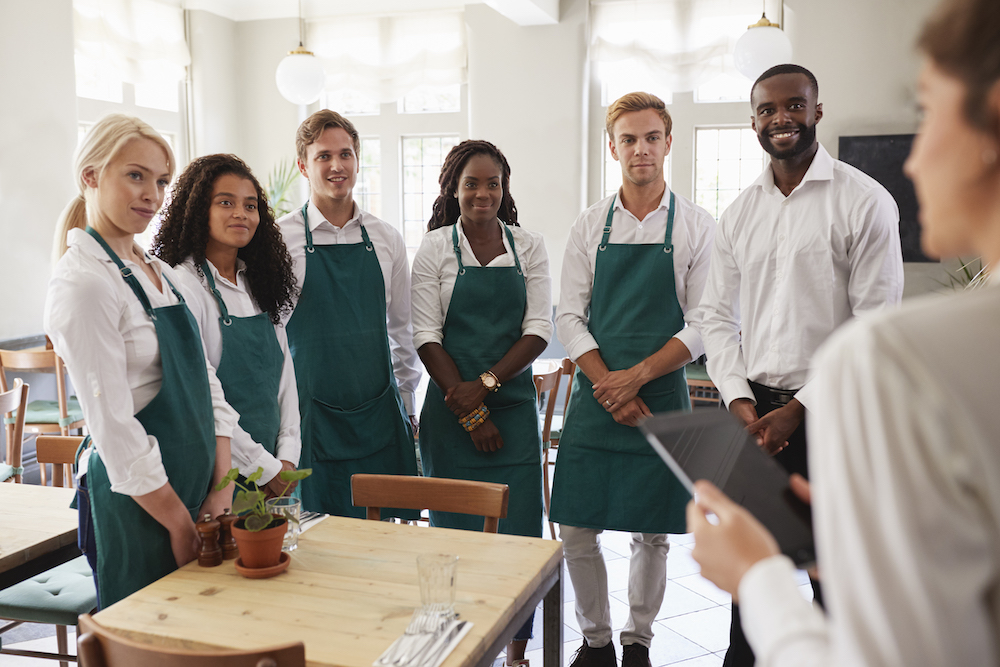Although digital ordering gets all the hype (including from PMQ), many customers still prefer to order a pizza the old-fashioned way – by dialing up the restaurant and talking to a real, live human being. And that means operators need to teach phone etiquette for restaurants and ensure their staffers create a positive experience with every incoming call.
SMG, a global customer and employee experience provider, used its market intelligence tool, BrandGeek, to study how more than 2,000 customers ordered pizza and how satisfied they were with the experience. Nearly 1/3 of the customers said they still place their pizza orders over the phone, “which means employees are impacting the customer experience right out of the gate,” SMG notes in a blog about the study.

“An ongoing, structured training program is vital to keeping employees on their A game,” according to the blog. “And restaurant brands can’t overlook the importance of basic customer service elements like phone etiquette. Without proper training on carryout orders, employees could be providing subpar experiences—resulting in customers taking their business elsewhere.”
Related: Return to the Planet of the Apps
Pizzerias should make sure they’ve got enough employees to take carryout orders and enough phone lines to allow call-in orders to get through. Staffers should also undergo training to inform callers about specials and promotions.
“Why is this important? Across all measures—Overall Satisfaction, Speed of Service, Likelihood to Reorder, etc.—customers who place phone orders have the highest satisfaction,” SMG says. “Make these customers happy, and they’re more likely to choose your pizzeria over the competition next time.”

The SMG study also found that, while carryout makes up more than half of pizza orders, those customers are less satisfied with their experience than delivery customers, including when measuring staff friendliness. “Though delivery drivers need to be personable, there is no excuse for an unfriendly on-premise staff,” SMG states. “While it may seem less important to train on friendliness with the carryout staff—due to the quick interaction they have with customers—this isn’t the case. Our data shows these carryout interactions matter to customers and will impact how likely they are to return.”
Related: Will Online Ordering Soon Make Phone Etiquette for Restaurants Obsolete?




